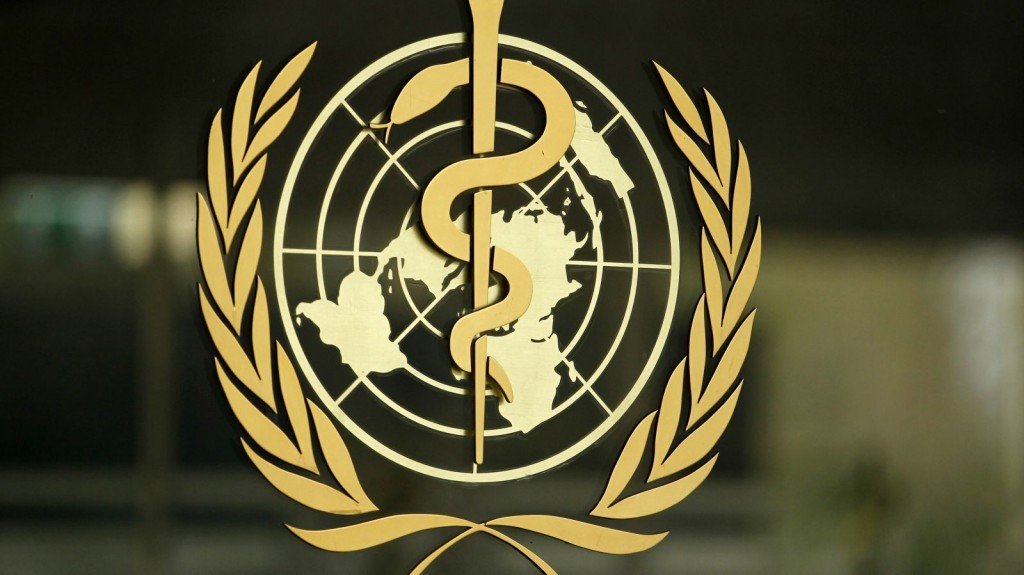Gruppens grundlægger, Max Roser, sagde, at forskere nu bruger data fra Det Europæiske Center for Sygdomsforebyggelse og -kontrol.
Until March 18 we relied on the World Health Organization (WHO) as our source. We aimed to rely on the WHO as they are the international agency with the mandate to provide official estimates on the pandemic. The WHO reports this data for each single day and they can be found here at the WHO's site.
Indtil den 18. marts stolede vi på Verdenssundhedsorganisationen (WHO) som vores kilde. Vi stilede efter at stole på WHO, da de er det internationale agentur med mandatet til at give officielle skøn over pandemien. WHO rapporterer disse data for hver enkelt dag, og de kan findes her på WHOs websted.
Siden 18. marts blev det desværre umuligt at stole på WHO-dataene for at forstå, hvordan pandemien udvikler sig over tid. Med Situationsrapport 58 flyttede WHO rapporteringsafbrudtiden fra 0900 CET til 0000 CET. Det betyder, at sammenligneligheden kompromitteres, fordi der er en overlapning mellem disse to WHO-datapublikationer (Situationsrapporter 57 og 58).
Derudover fandt vi mange fejl i de data, der blev offentliggjort af WHO, da vi gennemgik alle de daglige situationrapporter. Vi underrettede straks WHO og er i tæt kontakt med WHOs team for at rette de fejl, som vi påpegede over for dem.
Kommentar: Delvist oversat af Sott.net fra 'Utterly unreliable'! University of Oxford researchers stop relying on WHO for modeling data
WHO, an agency of the United Nations, is responsible for international public health. Recent reports suggest US intelligence agencies relied heavily on WHO in its national assessment of the COVID-19 threat.
The errors and inconsistencies, which Our World in Data documented in a separate report, include discrepancies from nearly a dozen situation reports filed by WHO between February 5 and March 16. Our World in Data researchers said the way WHO was handling the errors was also a problem.
"The main problem we see with the WHO data is that these errors are not communicated by the WHO itself," Rosen and his colleagues state. "[S]ome Errata were published by the WHO — in the same place as the Situation Reports — but most errors were either retrospectively corrected without public notice or remain uncorrected."
The lack of good data available during the coronavirus outbreak has been a major source of frustration for economists, statisticians, scientists, and public policy professionals.
A Stanford University epidemiologist and professor of medicine, in a widely circulated Stat article, recently said the COVID-19 pandemic could end up being a "a once-in-a-century evidence fiasco."
"The data collected so far on how many people are infected and how the epidemic is evolving are utterly unreliable," said John P.A. Ioannidis, who co-directs Stanford's Meta-Research Innovation Center.
These problems sound a bit like the local knowledge problem F.A. Hayek described nearly 80 years ago, which might explain the wildly inconsistent projections we've seen in COVID-19 fatality rates.
Government agencies, like people, are fallible. And the more we centralize decision-making and remove individual choice, the greater risk we face of having central authorities making sweeping decisions without the knowledge they believe they possess.




Kommentar: